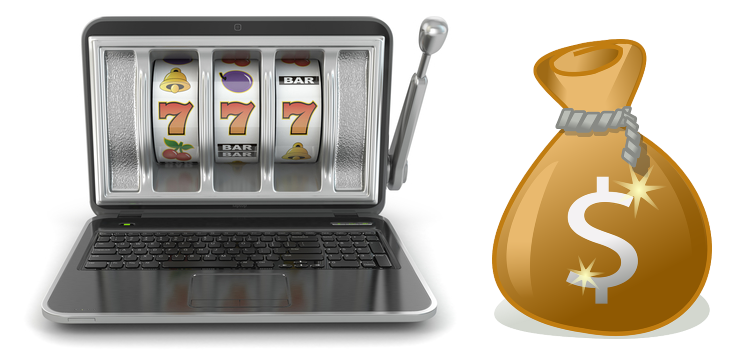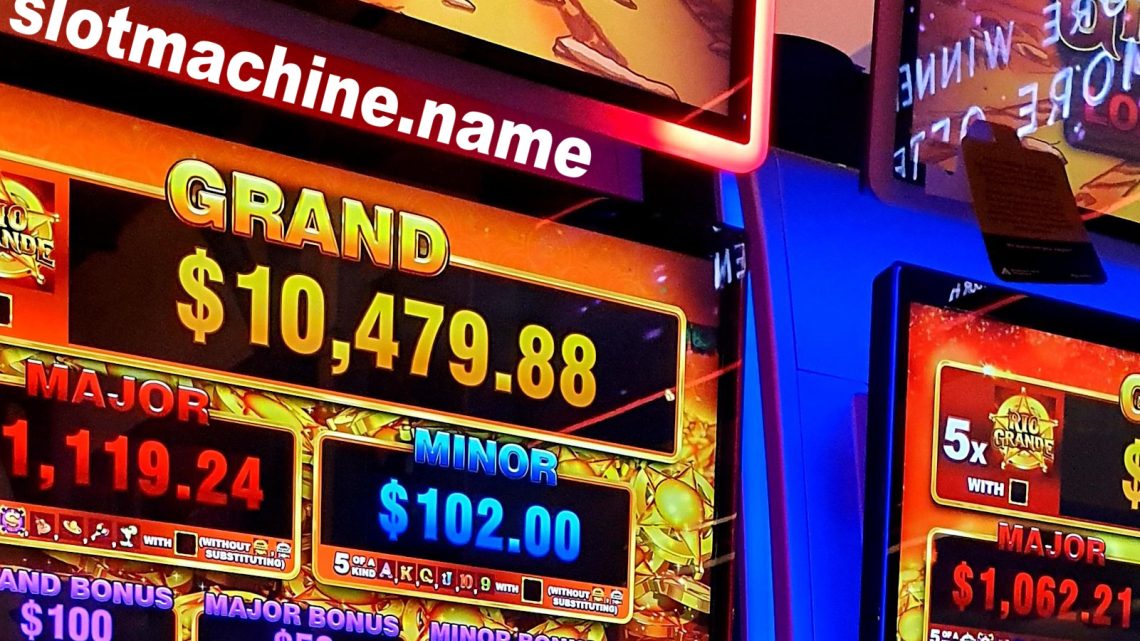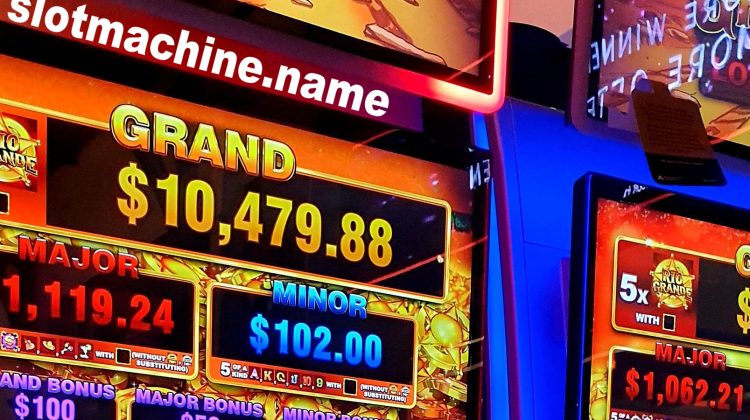In the United States gambling winnings are considered by the IRS to be taxable income and must be reported on your federal tax return. Gambling income includes, casino winnings, winnings from lotteries, and horse races. Cash winnings as well as the fair market value of prizes such as cars and trips etc. are eligible for Gambling taxes. A payer is required to issue you a Form W-2G or Form 1042-s if you receive gambling winnings subject to Federal income tax withholding. All gambling winnings must be reported as income even if no casino tax is deducted. Foreign nationals such as residents of Canada and the United Kingdom may be exempt from paying tax and be subject to a full casino tax refund due to provisions within their tax treaties with the United States. It is advised for Foreign Nationals claiming tax treaty provisions to use the services of an IRS Certifying Acceptance Agent to effect a US tax recovery. You may deduct gambling losses only if you itemize deductions. Claim your gambling losses as a miscellaneous deduction on Schedule A. However, the amount of losses you deduct may not be more than the amount of gambling income you have reported on your return. It is important to keep an accurate diary or similar record of your gambling winnings and losses in order to claim your casino tax refunds. To deduct your losses, you must be able to provide receipts, tickets, statements or other records that show the amount of both your winnings and losses. Refer to IRS Publication 529, Miscellaneous Deductions, for more information.
Diary of winnings and losses. You must keep an accurate diary or similar record of your losses and winnings. Your diary should contain at least the following information. – The date and type of your specific wager or wagering activity. – The name and address or location of the gambling establishment. – The names of other persons present with you at the gambling establishment. – The amount(s) you won or lost. Proof of winnings and losses. In addition to your diary, you should also have other documentation. You can generally prove your losses through, wagering tickets, canceled checks, substitute checks, credit records, bank withdrawals, and statements of actual winnings or payment slips provided to you by the gambling establishment.
For specific wagering transactions, you can use the following items to support your winnings and losses. These recordkeeping suggestions are intended as general guidelines to help you establish your gambling winnings and losses. They are not all-inclusive. Your tax liability depends on your particular facts and circumstances.
Keno. Copies of the keno tickets you purchased that were validated by the gambling establishment, copies of your casino credit records, and copies of your casino check cashing records.
Slot machines. A record of the machine number and all winnings by date and time the machine was played. Table games (twenty-one (blackjack), craps, poker, baccarat, roulette, wheel of fortune, etc.). The number of the table at which you were playing. Casino credit card data indicating whether the credit was issued in the pit or at the cashier’s cage.
Bingo. A record of the number of games played, cost of tickets purchased, and amounts collected on winning tickets. Supplemental records include any receipts from the casino, parlor, etc.
Racing (horse, harness, dog, etc.). A record of the races, amounts of wagers, amounts collected on winning tickets, and amounts lost on losing tickets. Supplemental records include unredeemed tickets and payment records from the racetrack.
Lotteries. A record of ticket purchases, dates, winnings, and losses. Supplemental records include unredeemed tickets, payment slips, and winnings statements.
By Patricia McDougall
Further information on the tax treatment of Gambling Winnings and the IRS for foreign nationals visit http://www.casinotaxrebate.com











No Comment